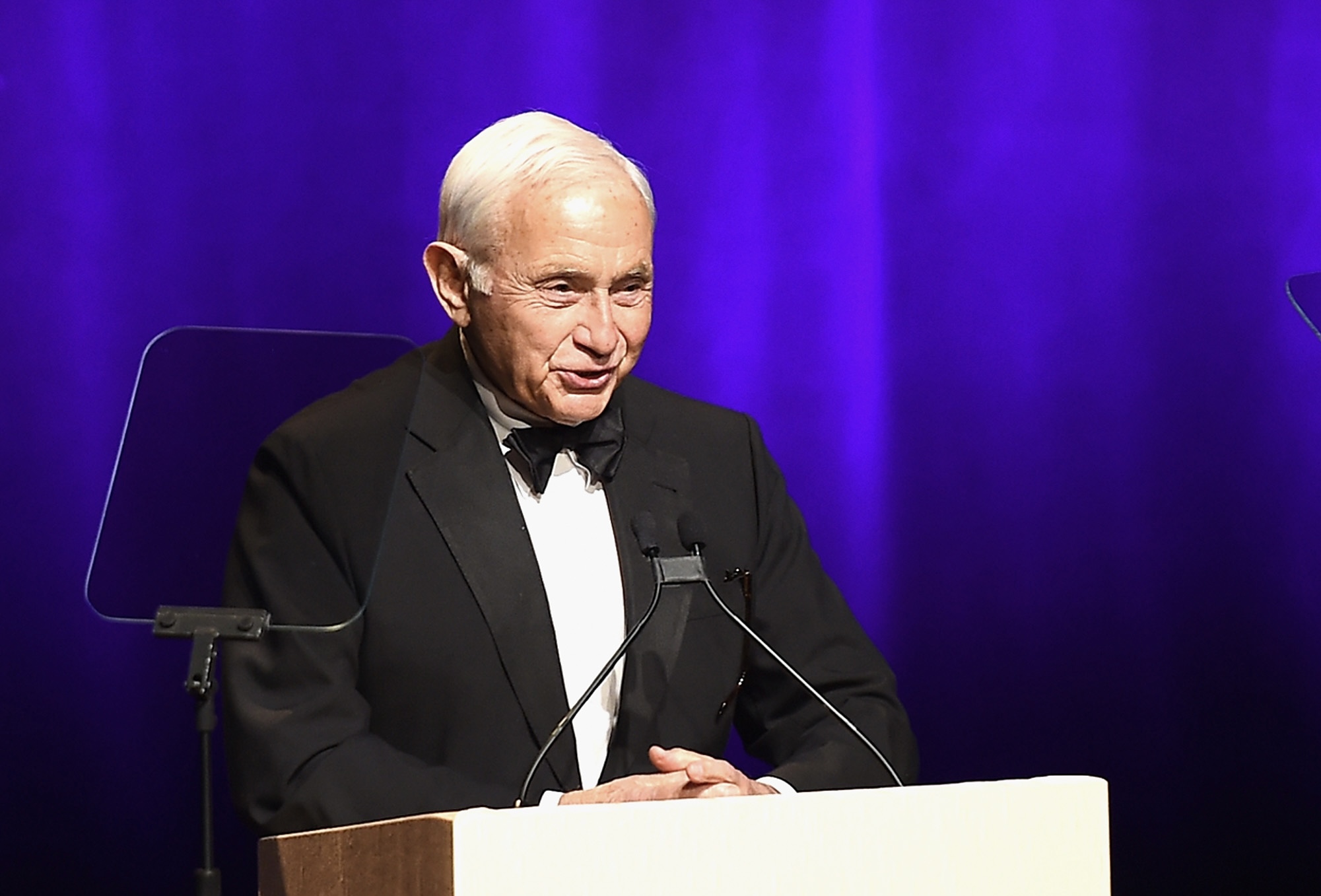Copyright The American Conservative

Loading the Elevenlabs Text to Speech AudioNative Player... As much as the FBI, DOJ, and other Trump-administration agencies have tried, the Epstein saga refuses to go away. Each of their “disclosures” only deepens public suspicion that the case was never just about one man’s vices, but about why he was connected to so many powerful people in the first place. One question that has yet to be answered is the one many people suspect an unsettling answer to: Was Epstein working for the Israeli government?“[E]very single person in Washington, D.C.” thinks that Epstein was “running a blackmail operation on behalf of a foreign government,” Tucker Carlson told a Turning Point USA conference in July 2025. “Now, no one is allowed to say that the foreign government is Israel because we have been somehow cowed into thinking that that’s naughty.” Carlson’s remarks drew predictable outrage, but few substantive denials. Even John Mearsheimer, the eminent American scholar of international relations, sees the same pattern. Speaking with Judge Napolitano in July, Mearsheimer pointed to the troves of “circumstantial evidence that makes one think that Jeffrey Epstein was tied up very closely, certainly with the Mossad but probably the CIA as well.” Another question on people’s minds: Why has it been not only a Trump administration policy but a bipartisan one to keep the “Epstein files” a secret? The answer to that question likely cannot be explained by Epstein’s wealth or social standing alone, since the files have remained hidden even after his death. Neither can those factors explain Epstein’s ability for decades to escape just punishment for his misdeeds; powerful men go to prison all the time for rape and sexual abuse of children. The former speaker of the House, Dennis Hastert—the third most powerful man in America at the time of his crimes—was prosecuted and imprisoned for structuring hush-money payments to cover up his abuse of minors. Yet when Epstein was accused of comparable crimes, he was protected. Prosecutors struck a secret and highly irregular non-prosecution agreement that shut down an FBI investigation into dozens of victims and shielded his co-conspirators from charges. As federal judge Kenneth A. Marra described it in his February 2019 ruling, “Epstein’s counsel was aware that the Office was deliberately keeping the non-prosecution agreement (NPA) secret from the victims, and indeed, had sought assurances to that effect,” labeling it “a deviation from the government’s standard practice.” Because of that secret NPA, Epstein only pled guilty to two minor state offenses—soliciting prostitution and procuring a minor—and was sentenced to just 18 months in a county jail, of which he served 13. And even that sentence was largely symbolic; he was permitted to leave the facility six days a week, for up to twelve hours a day, on a so-called “work release,” returning only to sleep. He continued to conduct business from his office in West Palm Beach, receiving visitors and associates as though nothing had happened. Justifying Epstein’s 2008 plea deal, Alex Acosta, the U.S. attorney who approved it, reportedly later told Trump officials that he’d been told to stand down because “Epstein belonged to intelligence.” The mystery behind Acosta’s “intelligence” remark has sparked much speculation about Epstein’s possible CIA ties but also directed much journalistic inquiry toward Ehud Barak, Israel’s former prime minister, who visited Epstein’s properties, appeared in his flight logs, and received at least a million dollars from him to fund the Israeli surveillance start-up Carbyne. That scrutiny is warranted. But far less attention has been paid to a figure in Epstein’s orbit who is equally influential and loyal to Israel—Les Wexner, the Ohio billionaire who reportedly made Epstein rich and powerful in the first place. Despite his connections to Epstein, Wexner has escaped serious scrutiny. Maria Farmer, the first woman to report Epstein to the FBI, said she was assaulted by Epstein and his confidante Ghislaine Maxwell inside Wexner’s New Albany, Ohio estate in 1996 and held there by his security staff until her father came to retrieve her. Farmer’s complaint to the FBI went nowhere. To this day, neither federal prosecutors nor the press have seriously examined why Wexner’s name is connected to the earliest known assault linked to Epstein. Indeed, there’s been no public sworn testimony from the billionaire whose home allegedly served as a crime scene. If there is a key to understanding Epstein’s protection and power—likely from intelligence agencies and foreign governments—it may lie with Wexner. As founder of The Limited Inc., Wexner built one of America’s largest retail empires, spanning Victoria’s Secret, Bath & Body Works, and Abercrombie & Fitch. By the early 1990s, he had given Epstein power of attorney over his finances and vast fortune. The Manhattan townhouse that became Epstein’s command center—the same residence where many of his alleged crimes occurred—was originally purchased by Wexner in 1989; by the late 1990s the deed reflected an Epstein-controlled entity, and in 2011 it was transferred between Epstein entities for $0, according to New York property records and contemporaneous reporting. Wexner also co-founded the “Mega Group”, a consortium of roughly twenty entrepreneurs, including Charles Bronfman, Michael Steinhardt, and reportedly Steven Spielberg, who funded projects like Taglit Birthright Israel and lobbied aggressively to shape American discourse around Israel. When Stephen Walt and John Mearsheimer published The Israel Lobby and U.S. Foreign Policy in 2007, Wexner played a key role in damaging Walt at Harvard, in part through political commentator and presidential advisor David Gergen, who held a senior post funded by Wexner’s philanthropy; together they launched a jihad to get Walt fired. Twenty years before Jeffrey Epstein’s 2019 arrest, Ohio attorney and journalist Bob Fitrakis had traced the outlines of a clandestine network that protected him. In an April 1999 article titled “Spook Air,” Fitrakis documented how Southern Air Transport—a former CIA cutout central to the Iran–Contra operation—had quietly relocated its headquarters in 1995 to Rickenbacker Air Force Base outside Columbus, Ohio. The move came with millions in state-backed tax breaks and loans, and, as Fitrakis noted, “much of the Hong Kong-to-Rickenbacker cargo would be for The Limited,” Les Wexner’s retail conglomerate. According to Fitrakis and contemporaneous local reporting, Wexner played a key role in bringing Southern Air Transport to Ohio, promising state officials that the airline’s cargo routes would serve his global supply chain. By that point, Epstein already held sweeping power of attorney over Wexner’s finances—a relationship formalized in 1991—and controlled large portions of his business and personal fortune. If The Limited’s logistics strategy hinged on the arrival of Southern Air Transport, then Epstein, as Wexner’s financial proxy, was likely involved in the operation. We still don’t know for certain what role Southern Air Transport, Wexner, or Epstein really played—or who they were serving. But Wexner, it seems safe to say, has the answers. These are the questions that any serious congressional inquiry—like the admirable effort now led by Representatives Marjorie Taylor Greene, Thomas Massie, and Ro Khanna to release the Epstein files—ought to be asking, and Wexner is one man they ought to be questioning.



